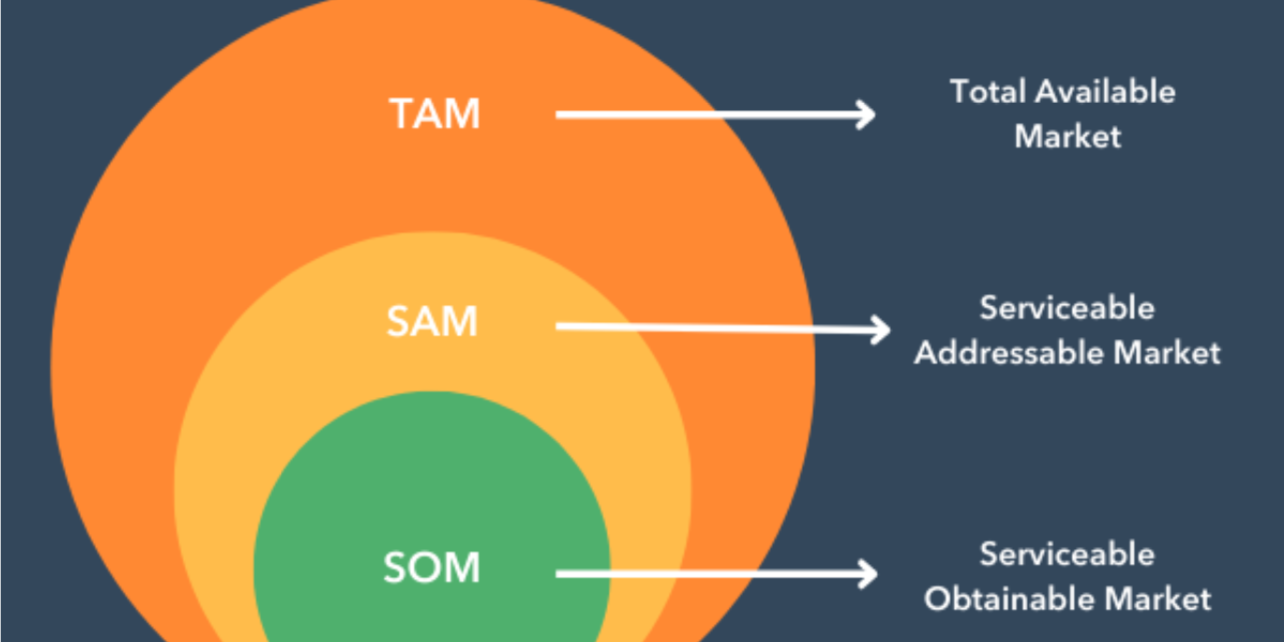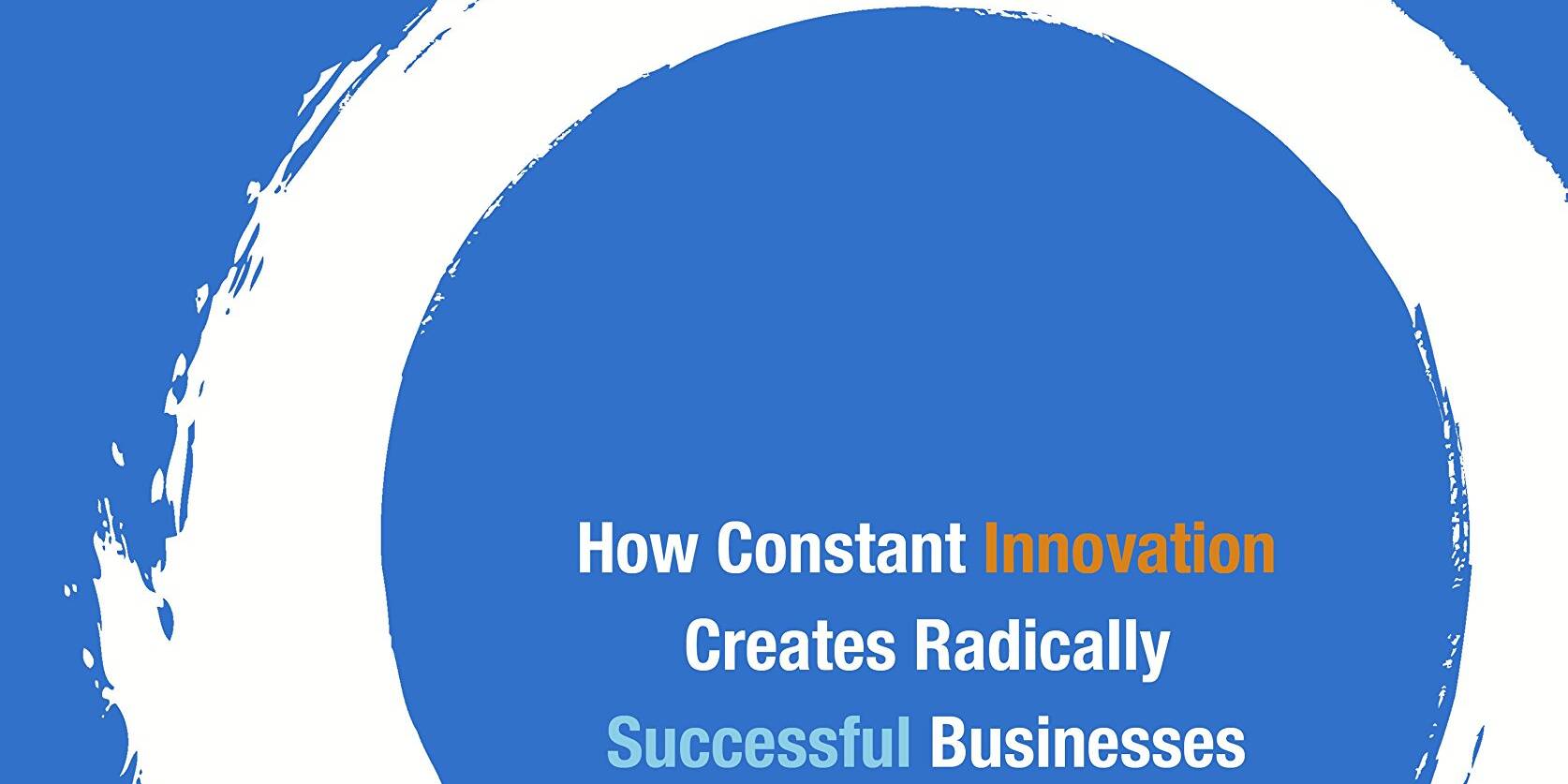Navigating the Psychological Landscape of Entrepreneurship
By: Stelios Papadopoulos
INTRODUCTION
Embarking on an entrepreneurial journey is often portrayed as a thrilling pursuit of innovation and success. However, the reality involves navigating a complex psychological landscape. Entrepreneurs face immense pressures that can lead to significant emotional and mental challenges. This article explores these challenges, drawing insights from two pivotal articles: The Psychological Price of Entrepreneurship (Bruder, 2013) and Overcoming Imposter Syndrome (Corkindale, 2008).
THE HIDDEN STRUGGLES OF ENTREPRENEURS
Entrepreneurship is not just about business plans and profit margins; it’s also a mental marathon. Jessica Bruder’s article sheds light on the often-hidden aspects of entrepreneurial stress, including burnout, fear of failure, and the isolation that leaders may feel. The journey can be solitary, and the stakes are high, with personal and professional lines blurred.
IMPOSTER SYNDROME IN THE ENTREPRENEURIAL WORLD
Adding to the psychological burden is the pervasive issue of imposter syndrome, detailed in Gill Corkindale’s work. Many entrepreneurs struggle with feeling like frauds, doubting their achievements, and fearing that they will be exposed as inadequate. This syndrome can be particularly debilitating, stifling innovation and bold decision-making, which are crucial in the entrepreneurial world.
PERSONAL REFLECTIONS AND COPING MECHANISMS
The process of turning a simple idea into a viable business with international aspirations is both exhilarating and exhausting. The psychological toll will be experienced first-hand, accompanied by burnouts and the constant battle with imposter syndrome. However, do not worry: you are going to get it right as your experiences grow!

Source: (Bruder, 2013)
To manage these challenges, several strategies have proven to be effective:
Open Dialogue: Regular discussions with mentors and peers help mitigate feelings of isolation and provide diverse perspectives that enrich your understanding and approaches.
Continuous Learning: Engaging with literature and ongoing education in entrepreneurship will help you to stay grounded and informed, bolstering confidence and decision-making capabilities.
Mindfulness and Self-Care: Prioritising mental health through mindfulness practices and ensuring work-life balance is crucial for sustaining long-term motivation and creativity.
CONCLUSION
The entrepreneurial path is fraught with psychological hurdles. However, understanding and addressing these mental and emotional challenges are as crucial as any business strategy. Articles like those by Bruder and Corkindale are essential readings that remind us of the resilience needed to navigate the entrepreneurial landscape. They encourage us to confront and manage our vulnerabilities, not as signs of weakness, but as opportunities for profound personal and professional growth.
For fellow entrepreneurs facing similar challenges, remember you are not alone. Engage with resources, seek mentorship, and prioritise your mental well-being. The journey is tough, but with the right strategies and support, the psychological hurdles can be transformed into stepping stones for success. Both the passion and the relentless drive towards a vision are principles that help to sustain entrepreneurs through ups and downs – and as Winston Churchill once said: “If You’re Going Through Hell, Keep Going”.
BIBLIOGRAPHY
Bruder, J. (2013). The Psychological Price of Entrepreneurship. [online] Inc.com. Available at: https://www.inc.com/magazine/201309/jessica-bruder/psychological-price-of-entrepreneurship.html.
Corkindale, G. (2008). Overcoming Imposter Syndrome. [online] Harvard Business Review. Available at: https://hbr.org/2008/05/overcoming-imposter-syndrome.




